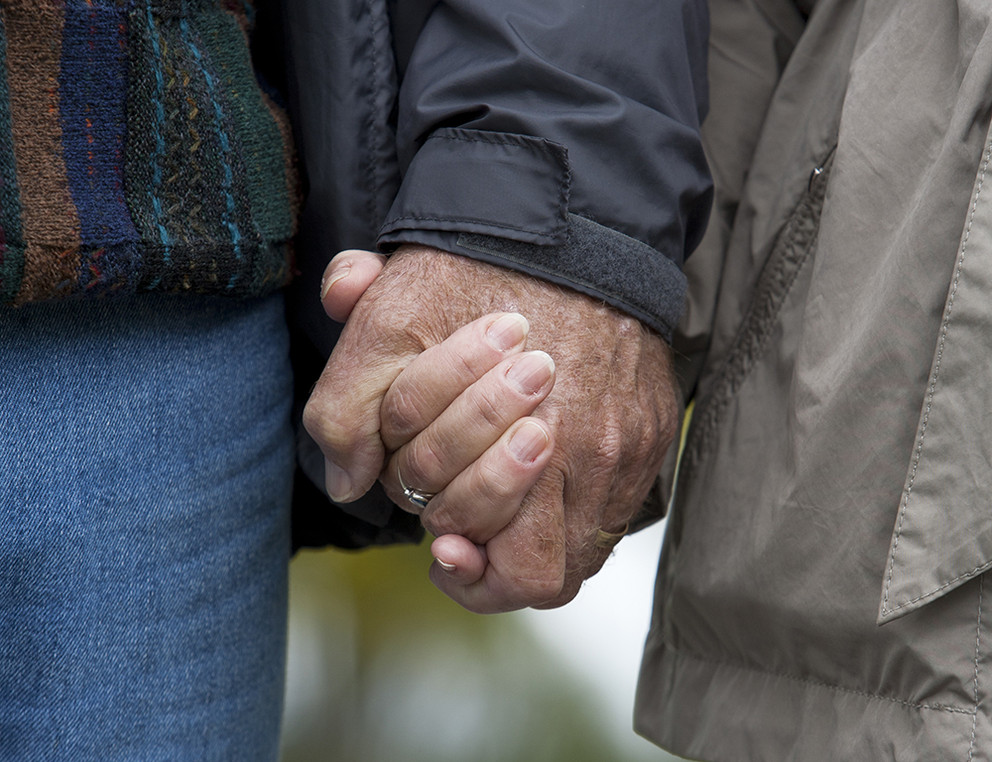The on-again, off-again evacuation agreement in eastern Aleppo is back on track, rebel groups said Saturday.
“There has been an agreement reached with the Russians about the evacuation of Aleppo, no further information or comments in the current moment,” Ahmad Qurah Ali, spokesman for the rebel group Ahrah al-Sham, said in a tweet.
Earlier the negotiator from the group, Farouk Abu Bakr, who is in eastern Aleppo, tweeted: “An agreement has been reached between revolutionaries, Russia and Iran, about Aleppo.”
A Syrian government official told Reuters there was an agreement to resume the evacuation of eastern Aleppo, alongside evacuations from four besieged towns.
However the Syrian and Russian governments have not officially confirmed the deal.
The International Committee of the Red Cross (ICRC) said in a statement it had “received some signals from the parties that a new agreement could be reached soon.”
“We’re ready to resume facilitating the evacuation according to our humanitarian mandate,” it said, adding that it first needed solid guarantees of safe passage from all parties on the ground.
Meanwhile, thousands of people — including women, children, the sick and injured — remain trapped in freezing temperatures in eastern Aleppo as they wait for the evacuation operation to continue.
Previous evacuation attempts thwarted
Saturday’s announcement comes after the evacuation of thousands of refugees from the besieged city had stopped, the ICRC said on Friday.
Red Cross staff, Syrian Red Crescent workers and representatives of the World Health Organization had been told to leave eastern Aleppo.
Syria’s state news agency (SANA) said the evacuation was stopped after some of the evacuees were found to be transporting weapons and advanced communication devices.
The Syrian Observatory for Human Rights offered a different view, saying rebels breached the ceasefire to protest delays in evacuating hundreds of people from two Shia enclaves — Al-Foua and Kefreia — in the rebel-held Idlib province to the west of Aleppo.
From one war zone to another?
As many as 9,000 people have already been taken out of the besieged city in nine convoys since Thursday.
According to UN officials, there were 194 hospital patients among the evacuees.
But for many of those leaving, their destination will be the rebel-controlled Syrian province of Idlib — which will likely be the next target of Syrian President Bashar al-Assad’s regime.
UN demands swift exit from ‘hell’
United Nations special advisor Jan Egeland expressed frustration with the lengthy negotiation process, saying in a tweet on Saturday that evacuations from eastern Aleppo must resume now, without conditions.
Similarly, UN Secretary-General Ban Ki-moon on Friday called for the evacuations to resume without delay, adding “Aleppo is now a synonym for hell.”
But the nightmare continues for one activist working inside the city who broke down while talking to CNN reporters Friday, saying he wasn’t sure if his children would ever return to Aleppo.
“We waited for the international community and the United Nations to punish the criminal and not the victims (the people). Unfortunately the punishment was for the people. They have displaced us from our land,” he said.
“Honestly I don’t know if we can return back someday to our land or if it is going to be like the fate of the Palestinians.”
One man’s “liberation?”
The Syrian regime is on the brink of retaking the whole city of Aleppo, which has been partly held by rebels for more than four years.
On Thursday, Assad celebrated the “liberation” of Aleppo, congratulating the Syrian people and saying, “History is being written by every Syrian citizen.”
However US Secretary of State John Kerry described what had already occurred in Aleppo as “unconscionable,” adding all sides had to work together on a ceasefire.
If the regime does take control of the key city, it would mark a turning point in the brutal five-year civil war that has killed hundreds of thousands of people. The development would put the regime back in charge of all five major cities in Syria, making a political opposition far less likely.



